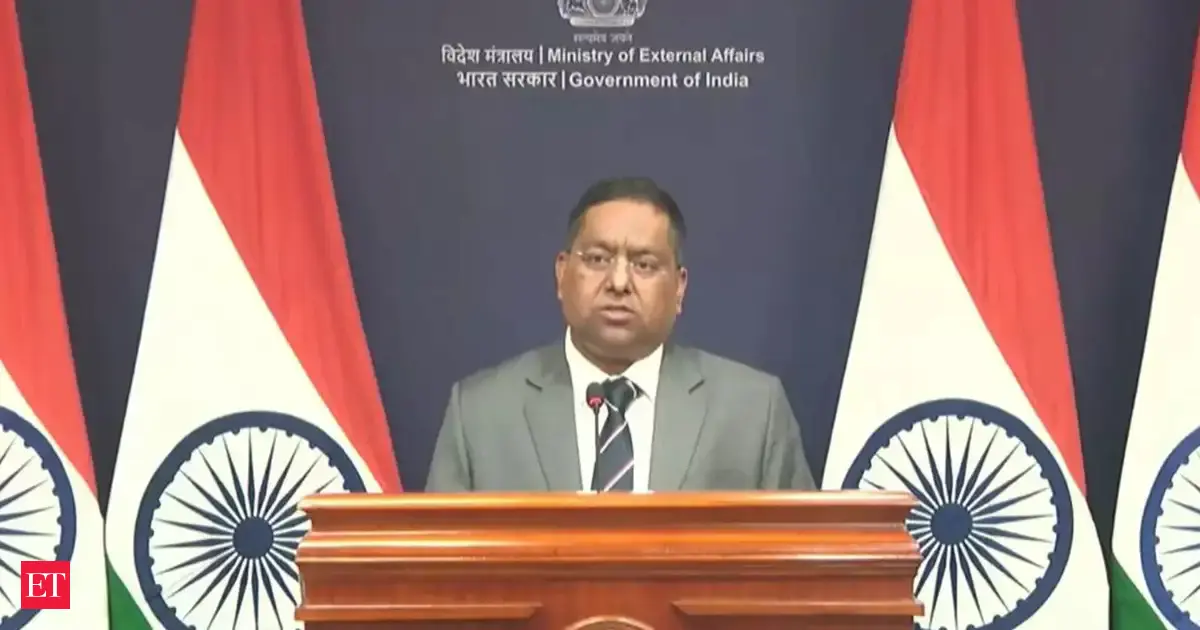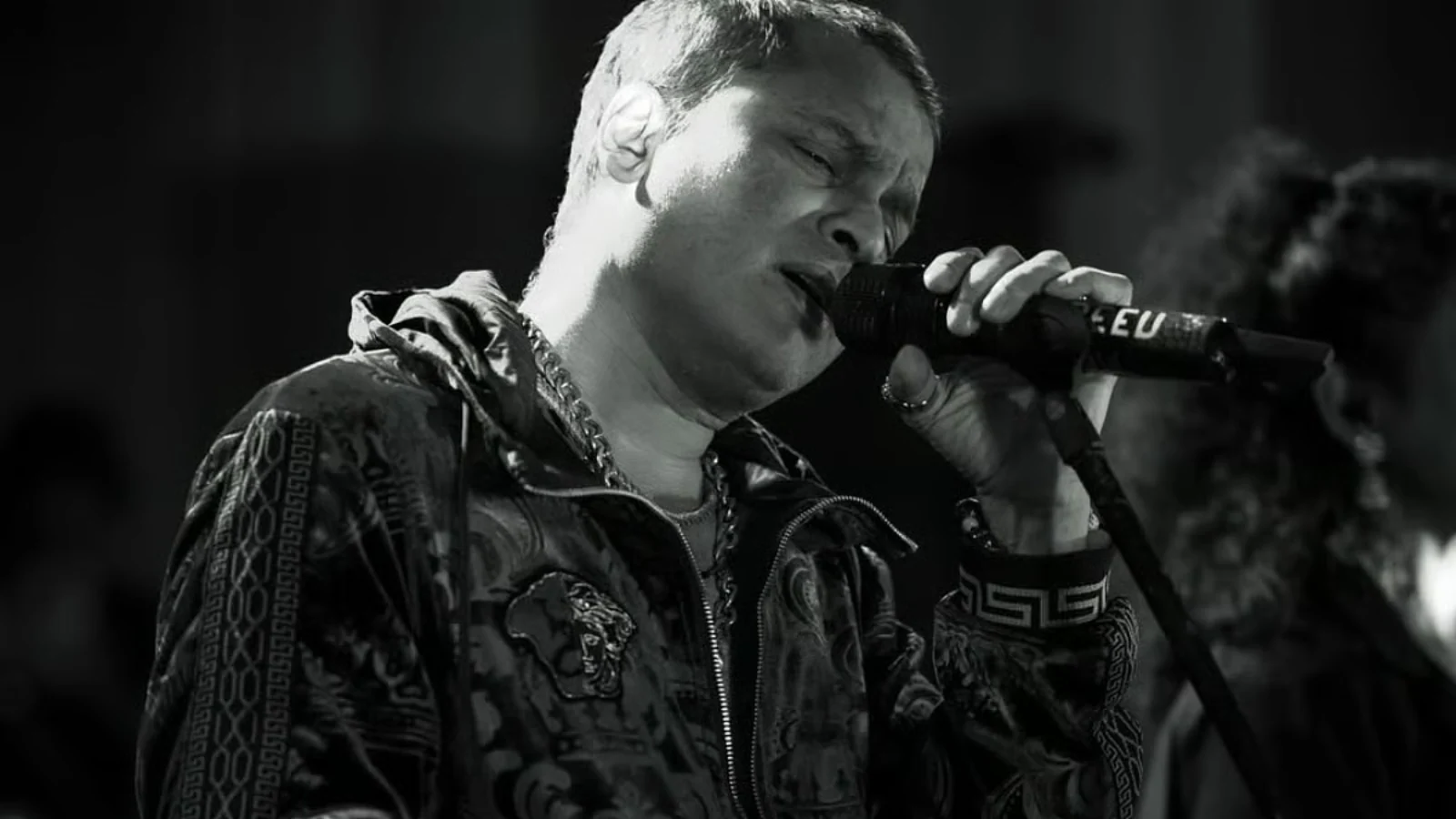Mark Cuban on Selling Mavericks Stake: ‘I Don’t Want My Kids Feeling Pressure To Walk Into My Spot As Owner And Try To Deal With That’

Earlier this year entrepreneur Mark Cuban relinquished his majority stake in the Dallas Mavericks, marking the end of his 23-year reign as the team’s principal owner.
Cuban, who played a pivotal role in transforming the Mavericks into one of the NBA’s top-tier teams, cited new business pursuits and family considerations as the primary reasons for the sale.
In a video interaction he voiced concerns about his children potentially feeling the pressure to fill his shoes as owner amidst the intense scrutiny of the social media age.
“In a social media world today, the critics of the ownership of any professional sports team can be brutal,” Cuban said.
“I don’t want my kids potentially feeling the pressure to walk into my spot as owner and try to deal with that,” he added.
The majority stake was purchased by Miriam Adelson, widow of late casino magnate Sheldon Adelson, and her son-in-law, Patrick Dumont, who has assumed the role of the team’s governor.
Also Read: Mark Cuban Says His Children Struggle With the Downsides of His Wealth: ‘Not That They Want To Be Poor, But It Sets An Expectation’
Despite the sale, Cuban retained a 27 percent stake and will continue to manage basketball operations, ensuring the team’s future remains deeply rooted in Dallas.
During Cuban’s tenure, the Mavericks underwent a dramatic transformation, rising from a struggling team to NBA champions in 2011. His fervor for the game and investment in cutting-edge facilities set a new benchmark for other franchises.
Cuban stressed that his decision to sell was not financially motivated, but rather a personal one. He stated that purchasing the Mavs was not a financial investment, and while he was not thrilled about selling it, he believed it was the right time to do so.
“When I bought the Mavs, it wasn’t a financial investment,” Cuban said. “And honestly, selling it wasn’t something I was excited to do, but I thought it was the right time to do it. None of this was about economics; it was and is about matters of the heart.”
Read Next



